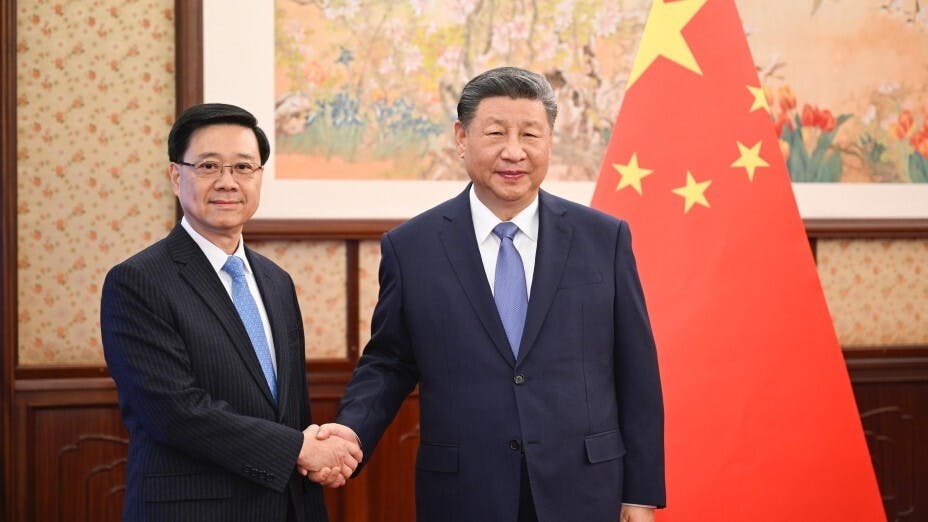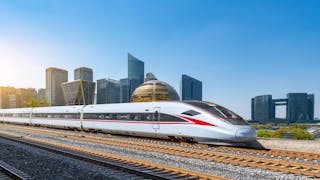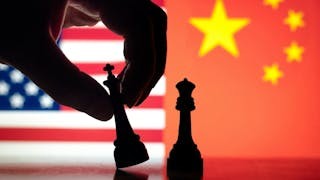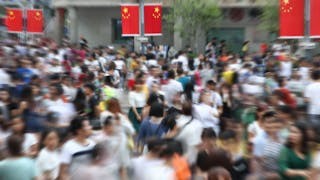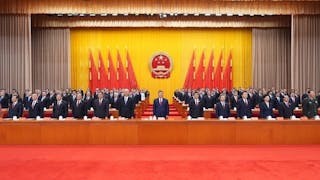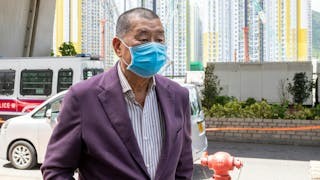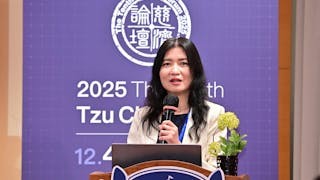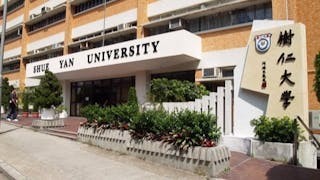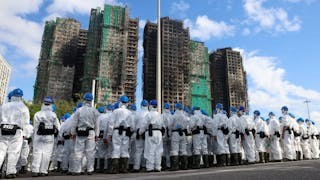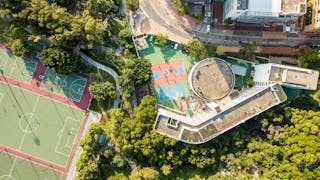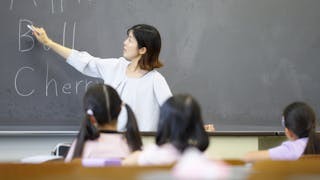2024年12月13日,香港特首李家超到中南海向國家主席習近平述職,習主席「充分肯定」李家超一年來帶領特區政府擔當作為,並讚揚特區政府「銳意改革、奮發有為,推動香港由治及興,為香港繁榮穩定作出更大貢獻」。
習主席表示,李家超任內不僅解決了《基本法》23條的立法問題,而且還解決了經濟、發展、住房、公共醫療、民生問題、加強對外交流與關係、提升國際競爭力等議題。解讀主席的言論,北京對香港特區政策的幾個重點非常突出,這對澳門特區也有影響。
針對香港有傳言稱,一些主要官員,特別是負責財政和庫務的官員可能會被更換的情況下,今次述職的安排反映中央完全支持李家超最近對兩名問責官員免職的決定,並賦予他進一步可能的人事變動權力。
中央將出台惠港經濟政策
其次,香港特區正進入由治及興的關鍵階段,對於特區政府受到財政赤字增加的影響,中央政府將推出支持香港經濟的措施,不僅包括放寬深圳居民赴港「一簽多行」的措施,還包括加強內地人才赴港流動、加速科技知識轉移、放寬內地生到香港高等院校就讀的名額數目等。
12月14日,李家超與國家人力資源和社會保障部部長王曉萍等官員會面,就加速香港與內地教育、人才和技術融合的進程交換意見,身兼教育、科技和人才委員會主席的政務司司長陳國基亦有出席。在香港特區資訊科技等策略領域缺乏關鍵人才的情況下,香港有迫切需要中央的政策支持,以深化教育交流、增加人才流動和加強技術轉移。
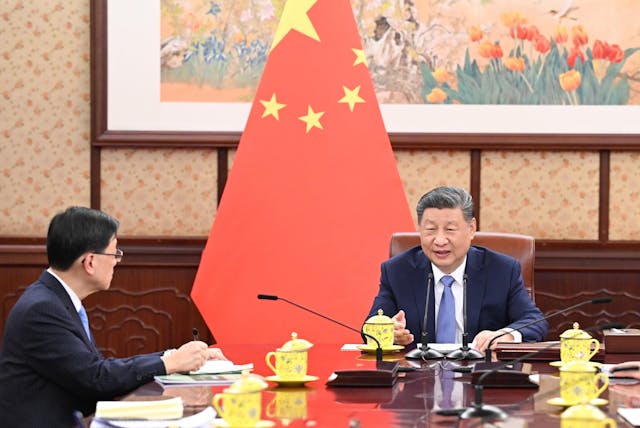
特朗普上台 香港需發揮更積極作用
同時,香港也有望在中國的一帶一路倡議中發揮更積極的作用。未來幾個月,李家超派往中東和東南亞的代表團可能會增加,特別是考慮到中國與全球發展中國家、已發展國家接觸的強勢外交政策。如果中央領導層授權香港在對外關係發揮更積極的作用,香港就必須增強自身的軟實力。
在北京看來,香港不僅是中國對外關係、經濟現代化和自由化的窗口,也是吸引更多外資和多邊貿易的重要超級聯繫人。面對美國候任總統特朗普明年初強勢上台,美國將重新對中國實施經濟制裁,香港被賦予一個新的重要角色,以應對中美關係的變化。
李家超此次訪京的座位安排與去年的職務訪問相同,習近平坐於中央位置,包括總理李強、中央辦公室主任蔡奇、國務院第一副總理丁薛祥、統戰部部長石泰峰、政法委書記陳文清一起坐在習近平左側,一同聽取李家超匯報本港最新情況。而中央港澳辦、國務院港澳辦主任夏寶龍,副主任周霽和身兼中聯辦主任的鄭雁雄,特首辦主任葉文娟則依次與李家超同坐另一側。從某種意義上說,這項設定體現了中央對香港特別行政區的全面管治權。
從關鍵角度來看,內地人才計劃已經吸引了大量內地人才申請來港工作,但一些內地人才來到香港後,發現很難找到合適的工作,這現象已被當地中國媒體報道。因此,香港政府面臨的挑戰是如何將各商業和科技公司的需求和空缺與內地人才的專業知識相匹配。
值得一提的是,李家超此次出訪並未與澳門特首訪京同步,因為新任澳門特首岑浩輝及其新一批主要官員即將出席由國家主席習近平主持的就職典禮儀式。
兩個特區都希望透過中央支持和補充的多種措施,實現經濟角色多元化,最大限度地發揮對外軟實力,積極有效地開展對外關係,實現經濟繁榮和社會穩定。
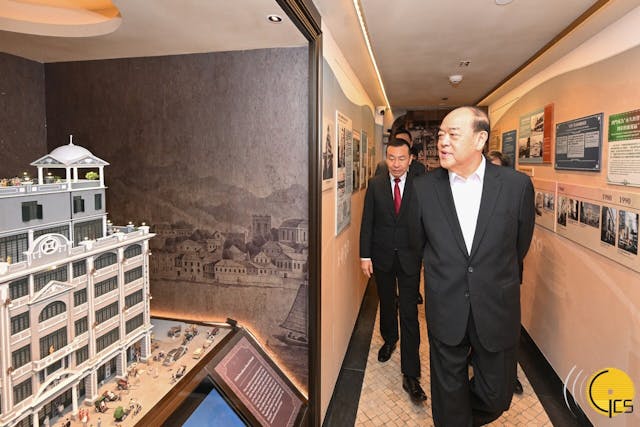
擺脫太倚重博彩業 澳門走多元化道路
因此,岑浩輝的使命和願景將正如他的競選綱領所準確指出的那樣,推動澳門擺脫對博彩業的過度重視,沿着經濟多元化的道路,將澳門發展成為一個獨特的文化旅遊中心。澳門和香港都有其對外角色和國際影響力,前者針對葡語國家,後者針對中東、歐洲、東南亞等國。
總而言之,中央政府對香港和澳門的這一新政策方向是一樣的,兩個特別行政區都希望發揮經濟角色多元化,最大限度地發揮外部軟實力,積極有效地開展對外關係,透過中央支持和補充的多種措施,實現經濟繁榮和社會穩定。從中央與地方關係的角度分析,北京已經做了很多工作,用習主席的話來說是「堅定有力的支持」,以確保成功實施港澳兩地的一國兩制。
Hong Kong Chief Executive’s duty visit to Beijing and its implications
The annual duty visit of Hong Kong Chief Executive, John Lee, to the central leadership in Beijing on December 13, 2024, was an important event, showing not only how the central authorities see the development of the Hong Kong Special Administrative Region (HKSAR) but also how they shape the centre’s policy towards Hong Kong, whose government is expected to transform the city from the phase of maintaining and consolidating socio-political stability to achieving economic prosperity.
During the meeting with John Lee, President Xi Jinping made important remarks on the HKSAR. He “fully affirmed” the work of Lee and his government, adding that the HKSAR administration is “determined to implement reform, to work hard with outcomes, to propel Hong Kong from the phase of governance to the stage of prosperity, and to contribute to Hong Kong’s prosperity and stability (Ta Kung Pao, December 14, 2024).” Moreover, President Xi said that “under the central government’s firm and forceful support, Hong Kong completed the historical mission of legislating on Article 23,” and it is now “embracing the focus on improving the economy and seeking developmental opportunities.” The President added: “Hong Kong’s social sectors need to be united and insist on strategic adaptation and change, and on innovation and creativity with a reform mentality under the leadership of John Lee and his HKSAR government. In this way, reform can and will be implemented in accordance with the policy ideals and thoughts, and Hong Kong will be propelled from governance to prosperity.”
President Xi affirmed John Lee’s “responsible, competent, pragmatic and progressive” work in tackling not just Article 23 enactment, but also the economy, development, housing accommodation, public healthcare, livelihood issues, the enhancement of external exchange and relations, the elevation of international influences, and the consolidation of the “good” situation of Hong Kong’s stable development.
Decoding the President’s remarks, several points stand out as prominent in Beijing’s policy towards the HKSAR, which has implications for the Macau Special Administrative Region (MSAR).
First, John Lee and his government’s diligent work in stabilising Hong Kong society through the implementation of Beijing’s national security policy, including the enactment of Article 23 of the Basic Law, has been affirmed positively. The President also praised his economic and development work. This implies that the centre fully supports Lee’s recent personnel reshuffle of two principal officials, conferring him the authority to have further possible reshuffles amid some Hong Kong rumours that a few principal officials, especially those responsible for finance and treasury, may also be changed in the coming year.
Beijing’s message to the HKSAR has one significant commonality with that to the MSAR: the two special administrative regions will have to elevate their governing standards to a new height after both have succeeded in stabilising society and politics there through the new national security legal mechanism.
Second, the HKSAR is entering a crucial stage of focusing on the improvement of economic prosperity amid news reports that its government has been affected by an increasing financial deficit. John Lee, after his meeting with President Xi, revealed that the central government is going to implement supportive measures to boost the economy of Hong Kong, including not just the relaxation of Shenzhen residents in their multiple entry and visits to the HKSAR but also other measures. These other measures embrace the enhanced flow of mainland talents to the HKSAR, the acceleration of technology knowledge transfer, and the relaxation in the number of mainland students who will be allowed to come to study and research in Hong Kong’s tertiary institutions.
As such, it is understandable why Chief Secretary Eric Chan and John Lee met the central officials responsible for education, talents, and science and technology on December 14 – an indication that the newly established committee on education, talents, and technology in the HKSAR will need the full support of the central government’s human resources and social protection officials to accelerate the process of educational, talent, and technological integration between Hong Kong and the mainland. At a time when the HKSAR lacks crucial talents in some strategic sectors, such as information and technology, it is imperative that the John Lee administration requires the central government’s policy facilitation to deepen educational exchange, increase talent flows, and enhance technology transfer.
Third, the most interesting comment from President Xi is his appeal to Hong Kong society to maintain a reform-minded attitude, to seek adaptation and change, to be creative and innovative, and to enhance the HKSAR’s external exchange and international influences. He encourages the people of Hong Kong to be bolder in reforms and to maintain creativity in expanding Hong Kong’s soft power – areas in which Hong Kong has been traditionally and relatively weak.
As such, it is understandable why the Hong Kong Macau Affairs Office (HKMAO) Director Xia Baolong recently went to Shenzhen to meet a group of Hong Kong businesspeople, asking them to invest more in not only the Northern Metropolis but also contribute to both Hong Kong and the mainland in a more assertive manner.
At the same time, the HKSAR is expected to play a more assertive role in China’s Belt and Road Initiative. John Lee’s delegations to the Middle East and Southeast Asia will likely be enhanced in the coming months, especially considering China’s assertive foreign policy of reaching out to various developing and developed countries in the world. If the central leadership empowers Hong Kong to play a more active role in its external relations and international interactions, John Lee and his government will have to increase the soft power of the HKSAR, which, according to Beijing, remains not just a window for China’s persistent economic modernisation and liberalisation but also a crucial super-connector luring more foreign business investment and multilateral trade – a new role in anticipation of the renewed US economic sanctions against China under the incoming US President Donald Trump.
Fourth, the seating arrangements of John Lee’s duty visit to Beijing this time were the same as his duty visit last year, meaning that duty visits are constituting an important accountability mechanism of the HKSAR leadership to the central-level leadership. Sitting opposite John Lee were the Chinese Premier Li Qiang, Central Committee General Office Director Cai Qi, Politburo Standing Committee member Ding Xuexiang (who is also the head of the Central Leading Group on Hong Kong and Macau Work), Minister of United Front Work Shi Taifeng, and Secretary of the Central and Political and Legal Affairs Commission Chen Wenqing.
Sitting beside John Lee were HKMAO Director Xia Baolong, HKMAO Deputy Director Zhou Ji, Liaison Office Director Zheng Yanxiong, and Hong Kong Chief Executive’s Office Director Carol Yip. The seating arrangements illustrated how the HKMAO Director Xia Baolong, Deputy Director Zhou Ji, and Liaison Office Director Zheng Yanxiong have been playing a crucial leadership role in assisting the HKSAR Chief Executive. In a sense, this set-up demonstrates the central government’s “comprehensive jurisdiction” over the HKSAR.
John Lee’s annual duty visit to Beijing has shown not only the central leadership’s affirmation of his diligent work in the HKSAR but also the centre’s determination to propel Hong Kong to move to a new stage
Fifth, John Lee’s duty visit was marked by his other interesting visits to meet the Beijing-based Hong Kong Chamber of Commerce and mainland universities – events that have not been covered extensively by the local Hong Kong media. On December 12, John Lee met the Hong Kong businesspeople in Beijing, appealing to them to lure mainland talents to the HKSAR while continuously providing internships for the young people of Hong Kong in the Chinese capital. The business leaders responded by emphasising the need for tax incentives to attract mainland talents to work in the HKSAR. John Lee also visited Peking University and Tsinghua University to lure top mainland talents to work in Hong Kong.
From a critical perspective, the mainland talent scheme has already attracted a lot of mainland talents to apply to work in the HKSAR. The challenge is to close the gap between their expertise and the job vacancies in the city. Some mainland talents, after their arrival in Hong Kong, have found it difficult to find suitable jobs – a phenomenon already highlighted in the local Chinese media. As such, the HKSAR government’s challenge is to match the needs and vacancies of various Hong Kong business and technological companies with the expertise of the mainland talents – a gap that remains to be closed and a phenomenon reflecting more the problem of policy implementation in Hong Kong than that of policy promotion in the mainland.
Sixth, this time John Lee’s duty visit has not been matched by a duty visit of the Macau Chief Executive to Beijing simply because the newly designated Macau Chief Executive, Sam Hou Fai, and his new batch of principal officials will soon attend the swearing-in ceremony to be presided over by President Xi Jinping. Nevertheless, Beijing’s message to the HKSAR has one significant commonality with that to the MSAR: the two special administrative regions will have to elevate their governing standards to a new height after both have succeeded in stabilising society and politics there through the new national security legal mechanism.
For both special administrative regions are expected to diversify their economic roles, maximise their external soft power, engage in external relations in a proactive and productive manner, and achieve economic prosperity and social stability through a variety of measures supported and supplemented by the central authorities.
As such, Sam Hou Fai’s mission and vision will, as his campaign platform accurately pointed out, propel Macau along the path of economic diversification away from its overemphasis on the gaming industry, and develop Macau into a unique cultural tourism hub with a clear division of labour different from Hong Kong. Both Macau and Hong Kong have their external role and international influences, with the former targeting Portuguese-speaking countries and the latter the Middle East, Europe, and Southeast Asia.
Macau’s In-depth Cooperation Zone with Hengqin will lure more foreign investment and business and help transform the MSAR, while Hong Kong will expand its aviation centre, maritime centre, and financial centre in accordance with the report of the Third Plenum. Both Macau and Hong Kong must develop their economy and foreign relations in conformity with the central government’s planning and policy directives.
In short, Macau and Hong Kong are given the authority to expand, demonstrate, and exercise their external soft power in the coming years.
In conclusion, John Lee’s annual duty visit to Beijing has shown not only the central leadership’s affirmation of his diligent work in the HKSAR but also the centre’s determination to propel Hong Kong to move to a new stage: the drive towards economic prosperity through closer integration with the mainland and the unleashing of Hong Kong’s soft power through its external relations and international influences. This new policy direction of the central government towards Hong Kong is the same as that towards Macau, for both special administrative regions are expected to diversify their economic roles, maximise their external soft power, engage in external relations in a proactive and productive manner, and achieve economic prosperity and social stability through a variety of measures supported and supplemented by the central authorities. Analysed from the perspective of central-local relations, Beijing has already done a lot, with “firm and forceful support” in the words of President Xi, to ensure the successful implementation of “one country, two systems” in both Hong Kong and Macau.
原刊於澳門新聞通訊社(MNA)網站,本社獲作者授權轉載。(原文按此)



